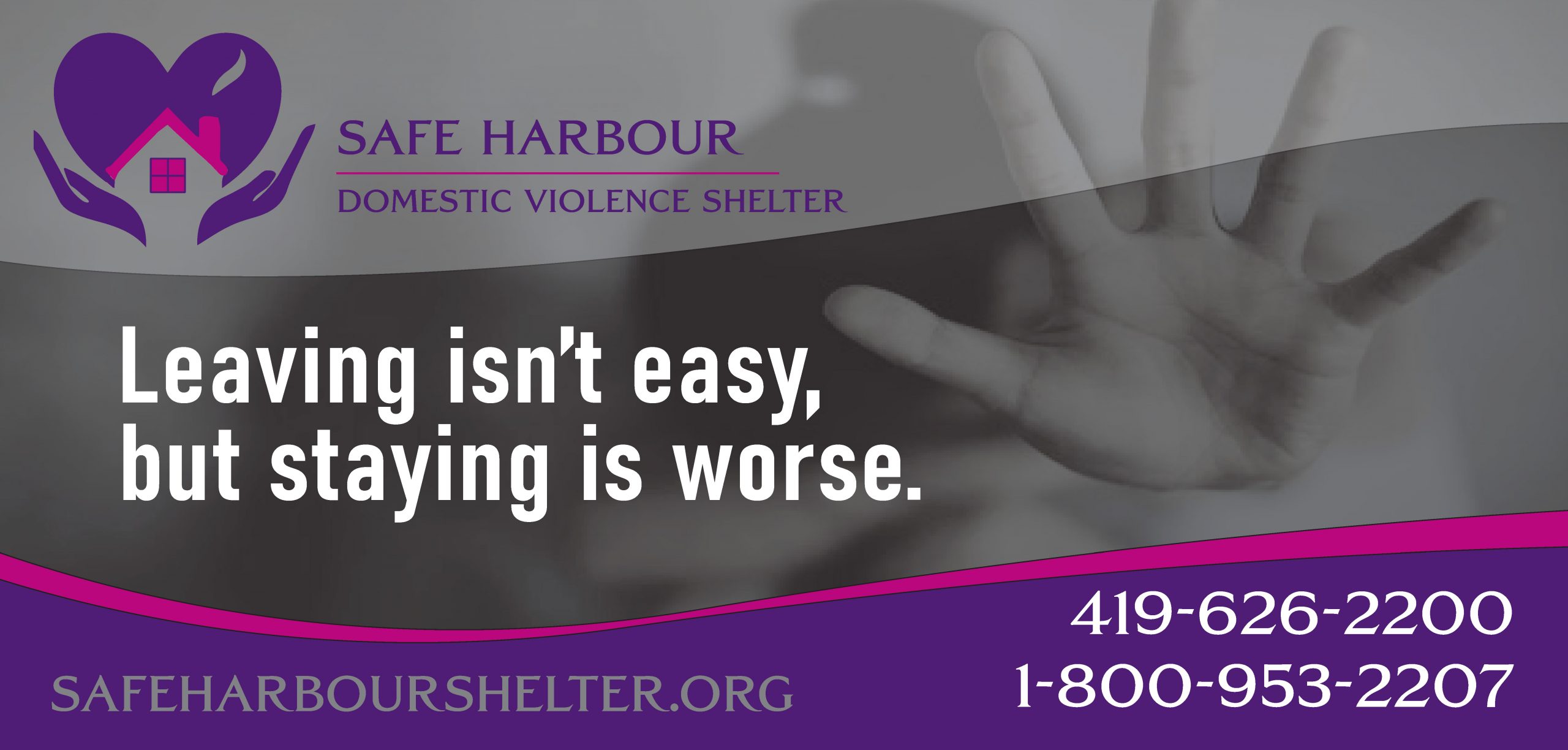What is domestic violence?
Domestic violence simply means violence, or the threat of violence, between members of a family or household.
The legal definition of domestic violence includes:
- Causing (or attempting to cause) bodily injury including sexual assault.
- Making another person believe they are about to be seriously physically harmed.
- Committing menacing by stalking or aggravated trespass.
- Abusing a child.
It is generally not considered domestic violence if someone:
- Calls you bad names (without an act of violence or threat to harm);
- Accuses you of cheating or having an affair;
- Threatens to take your child(ren) or refuses to return them;
- Threatens to call Children and Family Services (Child Protective Services);
- Threatens the filing oflegal actions against you (e.g., divorce, custody, visitation);
- Threatens to destroy or take personal property (e.g., keys, cell phone, car);
- Has no history of physical abuse or threat of violence;
- Is abusing drugs or alcohol without a prior history of abusive or threatening behavior toward you or other family or household members;
- Has mental health issues without a prior history of abusive or threatening behavior towards you or other family or household members;
- Uses reasonable parental discipline.
Are you abused?
- Are you blamed whenever things go wrong?
- Are you limited to doing only what your partner wants?
- Is your partner a “nasty” drunk or drug user?
- Are you forbidden to use money for yourself or your children?
- Is your partner jealous of outside friendships?
- Does he/she have a “Jekyll & Hyde” personality?
- Do you make excuses for your partner’s behavior?
- Do you do more of the work – paid or unpaid?
- Are you forced to have sex after you’ve said “no”?
- Do you need your partner’s permission to do things?
- Are you punished for misbehaving?
- Was your partner or his/her mother abused?
- Does your partner humiliate you in public?
- Do you live in fear of your loved ones?
- Is there a scene if you disagree with your partner?
If you answered yes to:
1-2: Take notice and work together to improve troubled areas.
3-4: Seriously look at your relationship; seek help from a qualified counselor.
5-6: ABUSE Issue; counseling may not be appropriate until FEAR ceases.
7-15: CRISIS INTERVENTION NEEDED. Seek individual counseling – JOINT THERAPY NOT APPROPRIATE!

